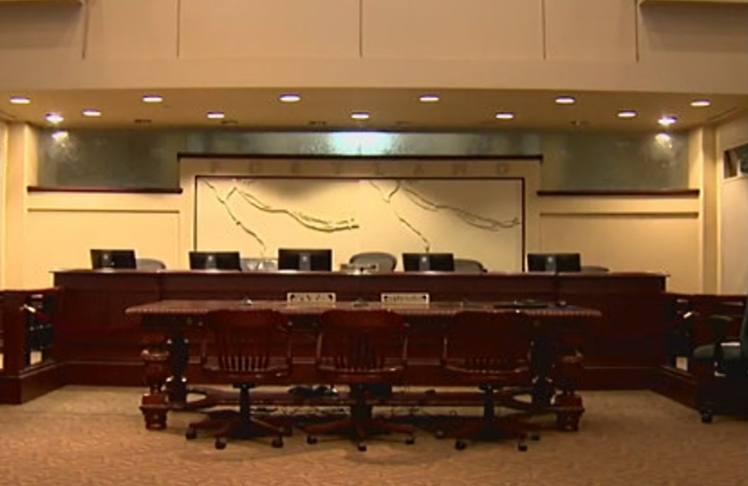
One of the areas that will be looked at as leaders in the city talk about the work ahead to transform the city government is how best to distribute political power in Portland? As reported in this publication before, a November ballot measure seeks to transform how Portland’s vast bureaucracy is run.
The proposed changes, crafted and approved by a citizen-led charter commission, have caused political fault lines to surface as rival factions prepare to persuade a majority of voters to their side. The changes will more than double the number of representatives on the City Council and change the way they’re selected to an unusual system not used in any other U.S. city and similar to those chosen by only a handful of American municipalities.
Proponents, who include an array of progressive advocacy groups, academics and good government types, say the opportunity to majorly recast City Hall is crucial to address many of the crises Portland has faced in recent years while boosting diversity in and civic engagement with city government.
Seismic shifts will be created at Portland’s city hall. The proposal could result in the chief executive wielding even less power. The charter commission finalized its reform package earlier this summer and approved it 17-3. Appointed by members of the City Council in late 2020, the 20-person body spent more than a year seeking broad input from Portland residents, especially people of color, renters and those from low-income households.
Portland’s mayor and four commissioners each seek office citywide and can live anywhere in the city, which has historically favored well-heeled or politically connected candidates from predominately affluent neighborhoods.
While the current council is the city’s most diverse to date — all four commissioners and the mayor were white men as recently as 2008. Leaders and activists have called for reshaping Portland’s commission form of government that voters enacted in 1913, as they believe it hampers the city’s ability to respond to challenges.















